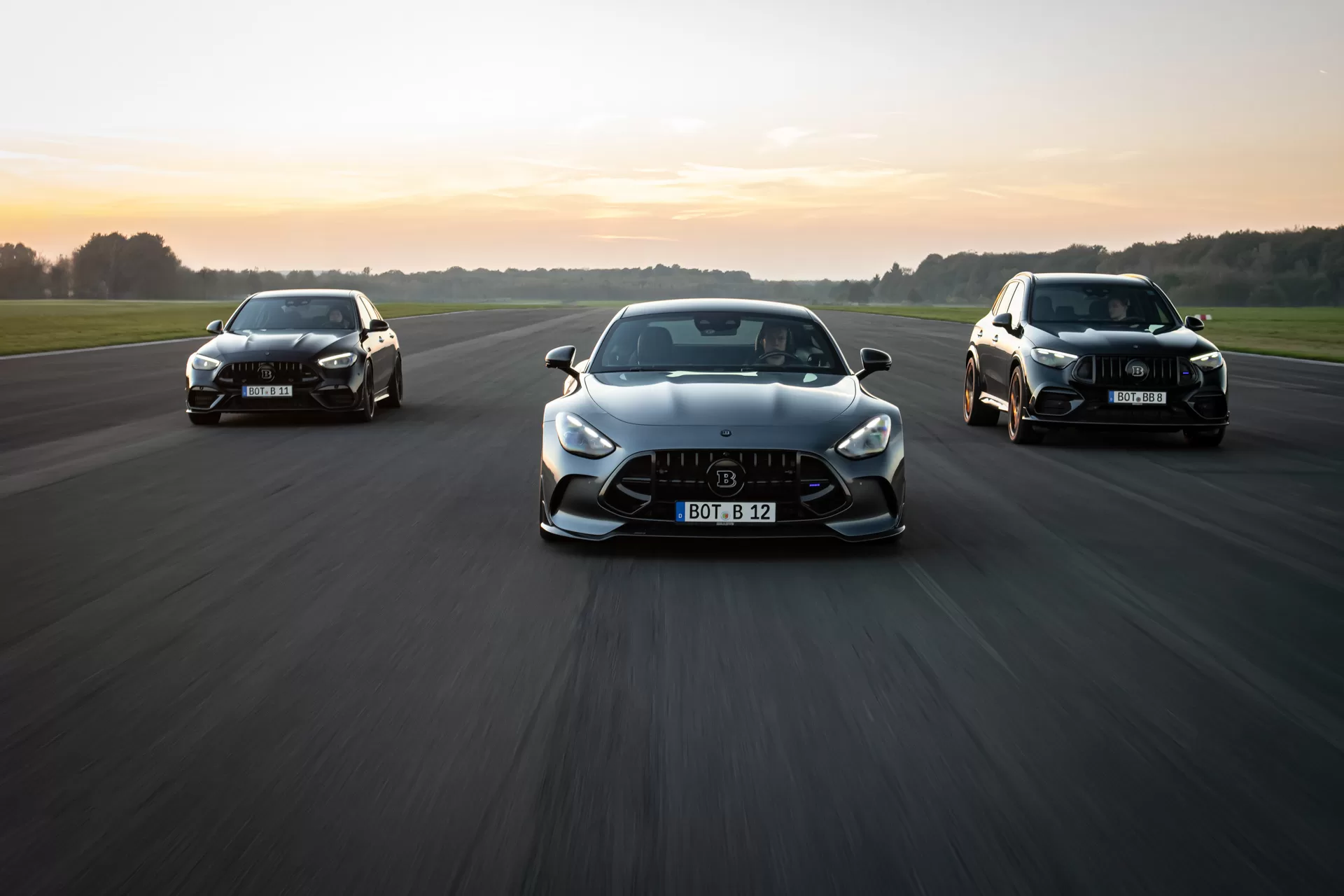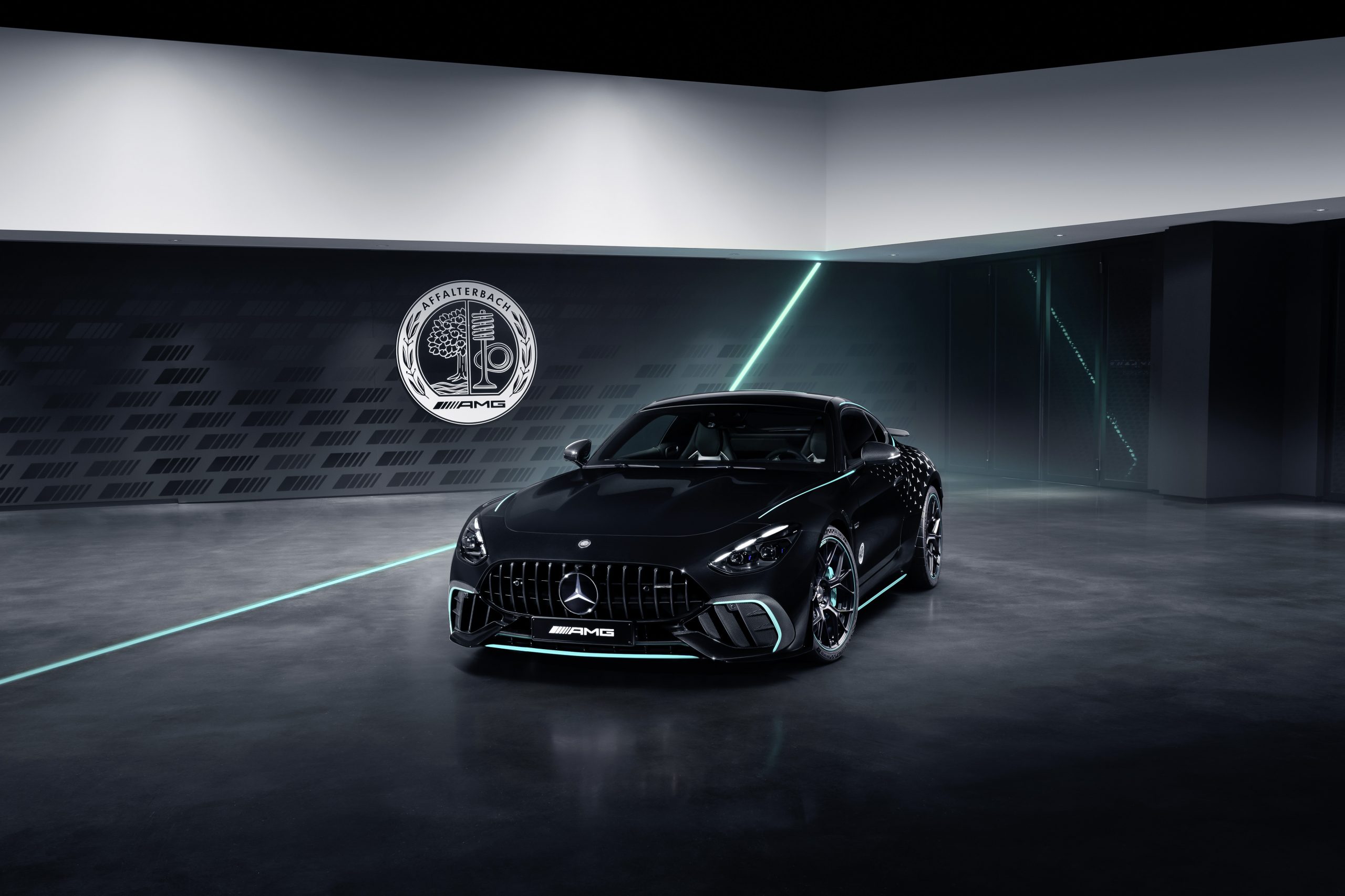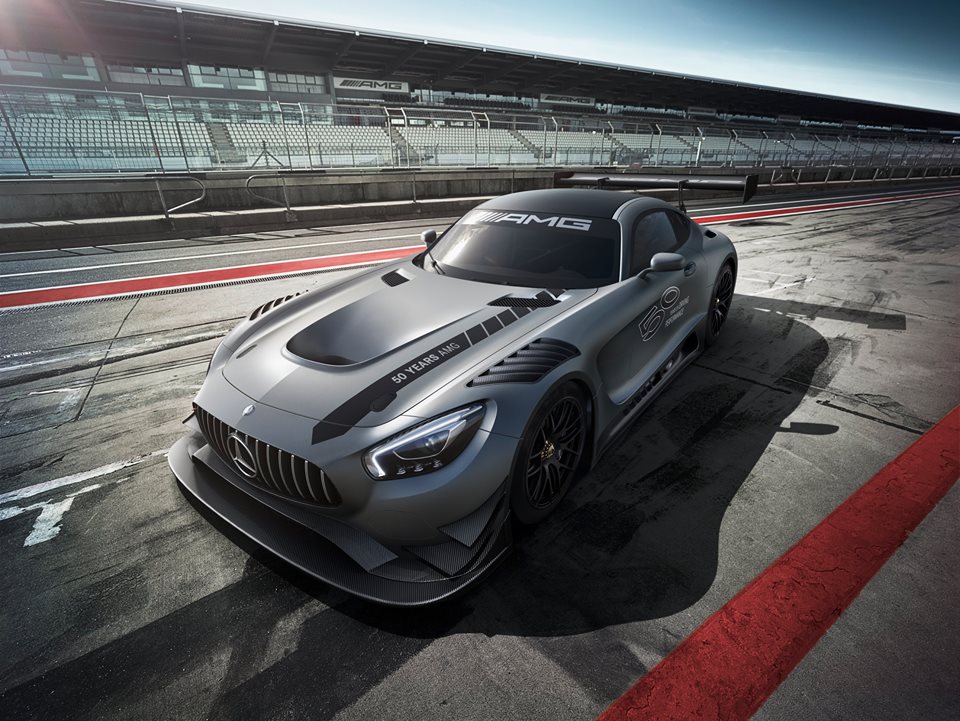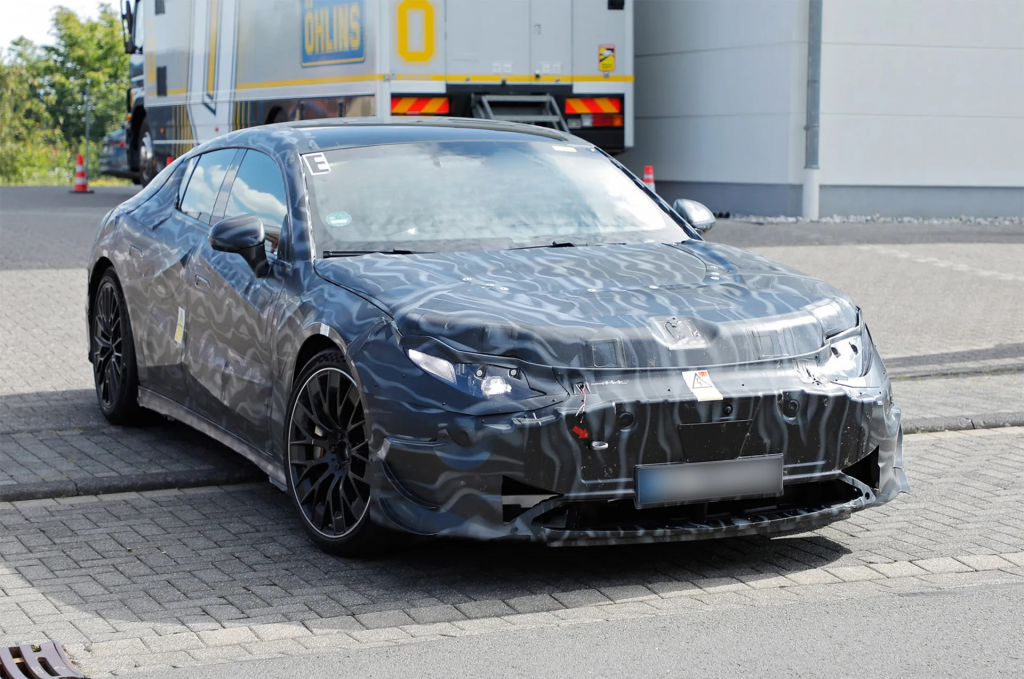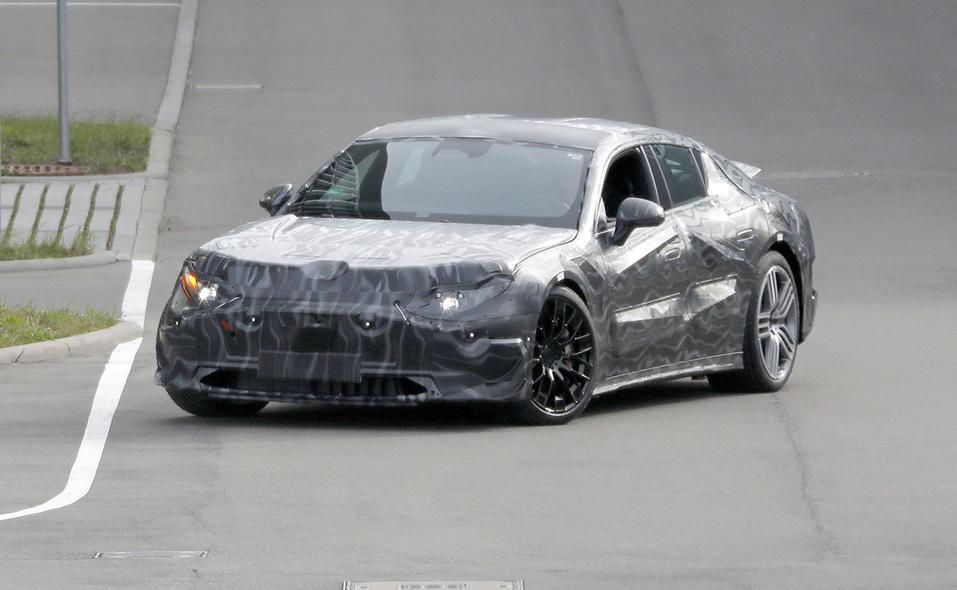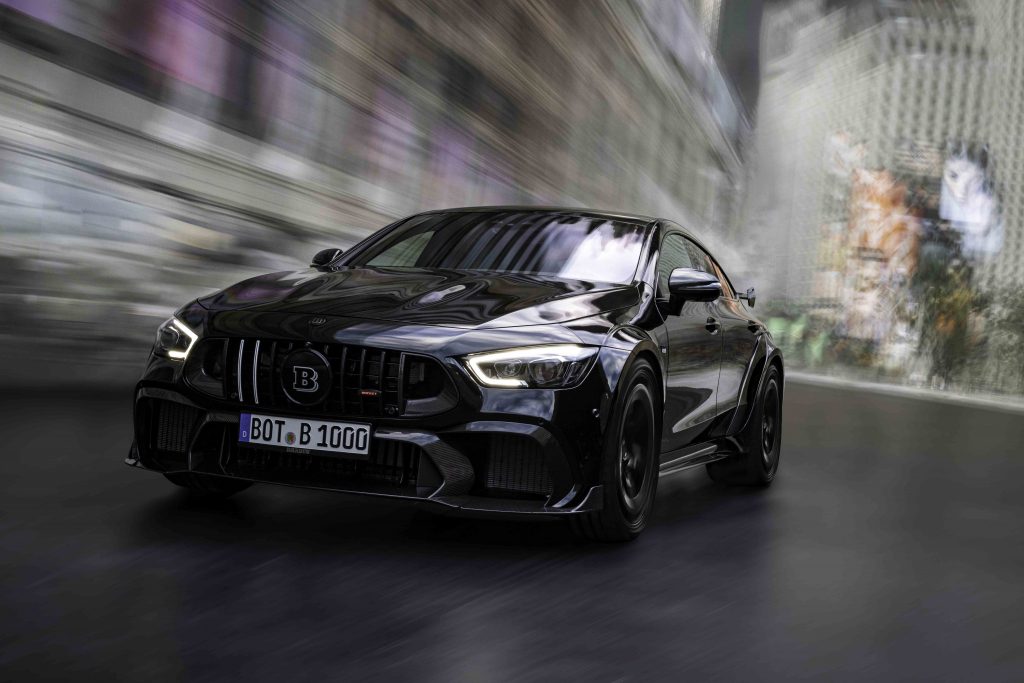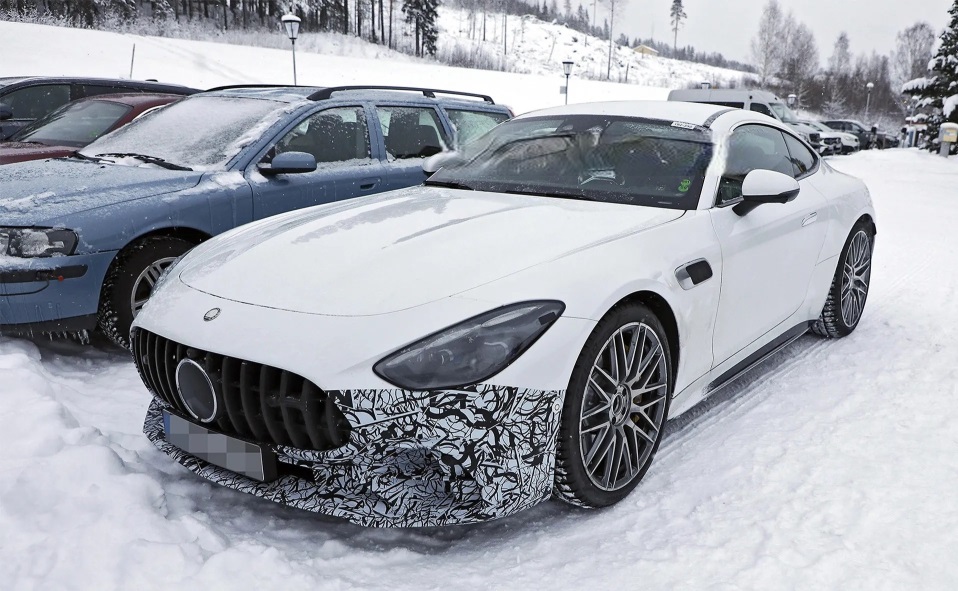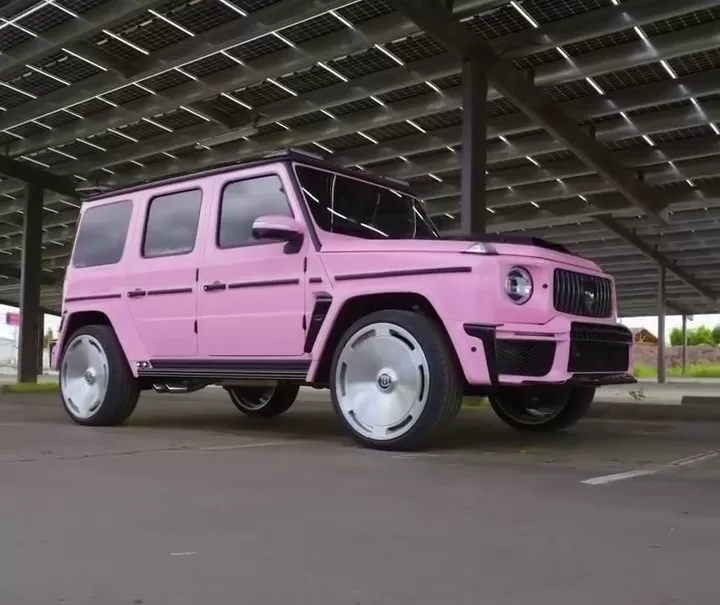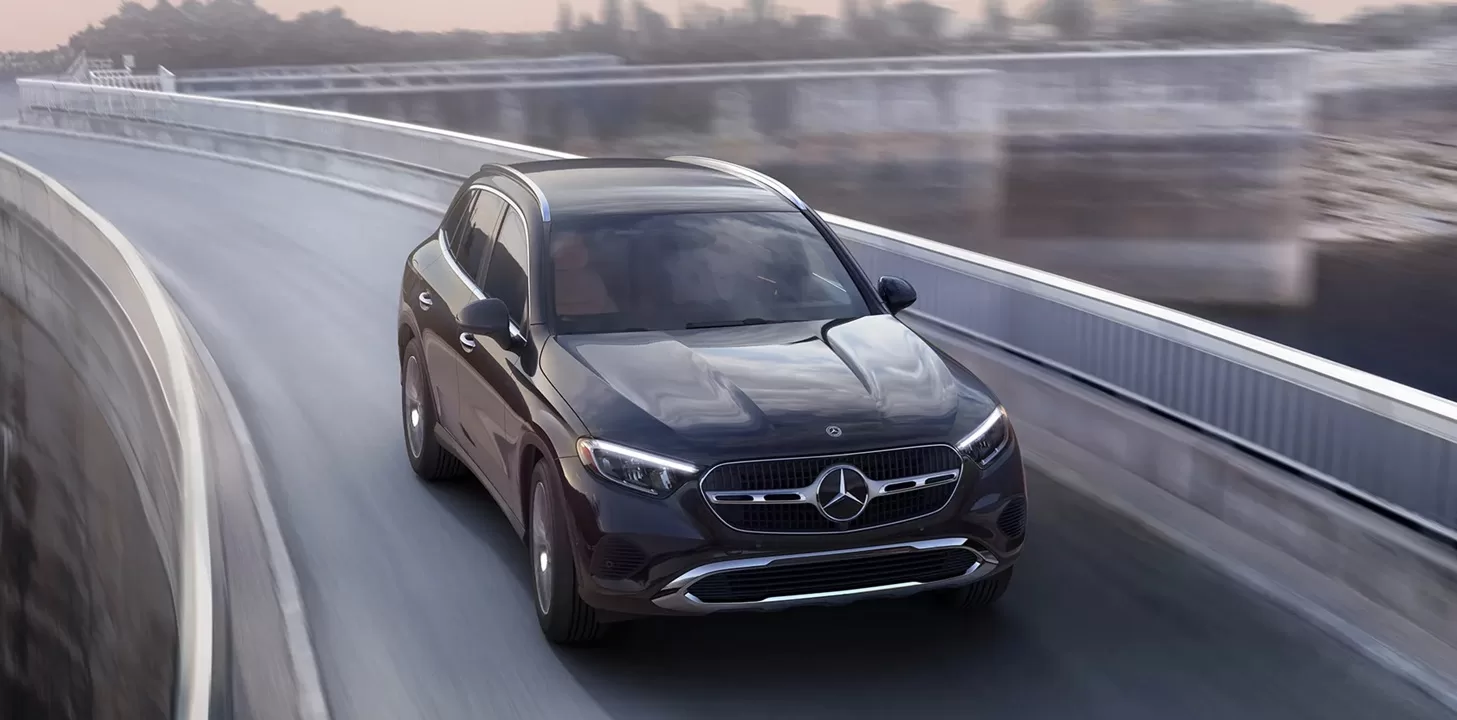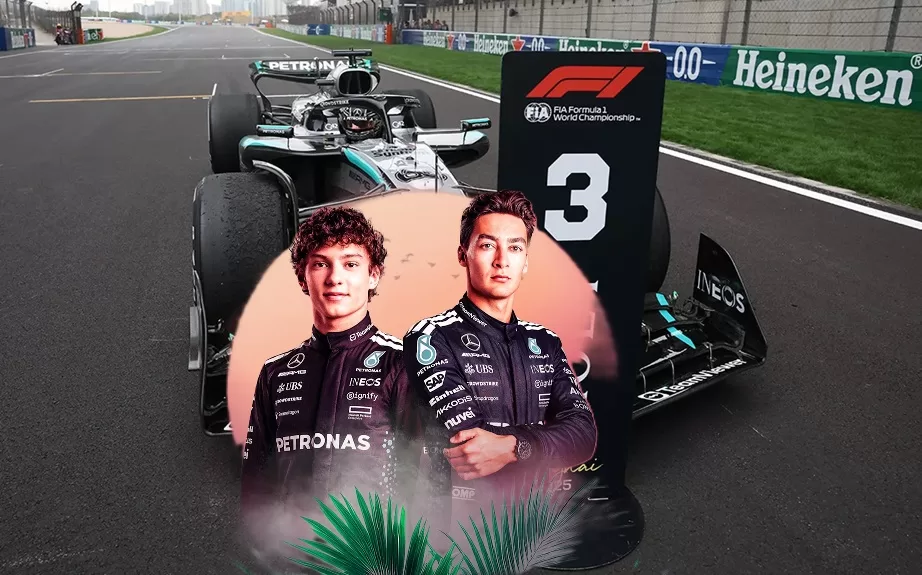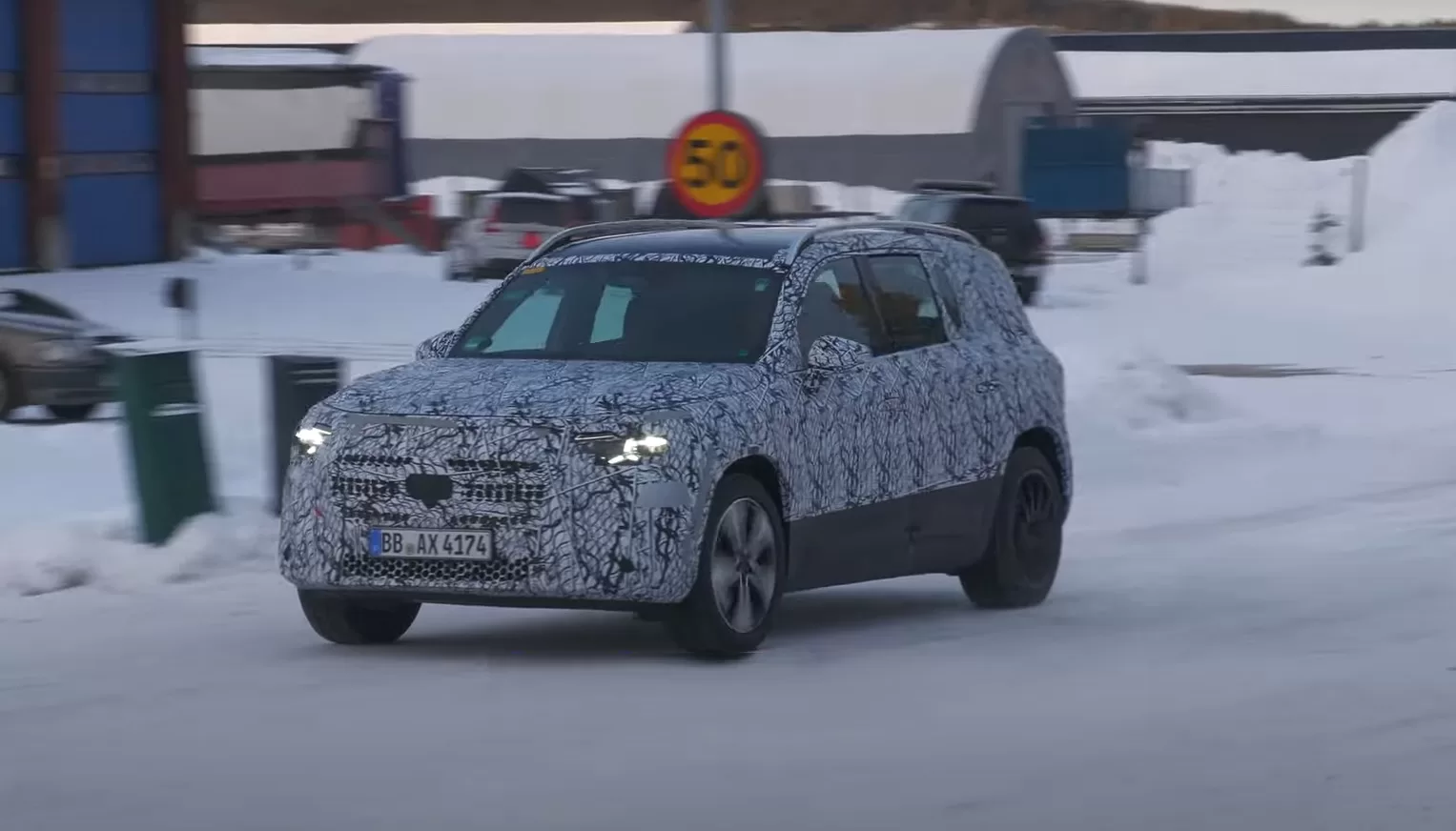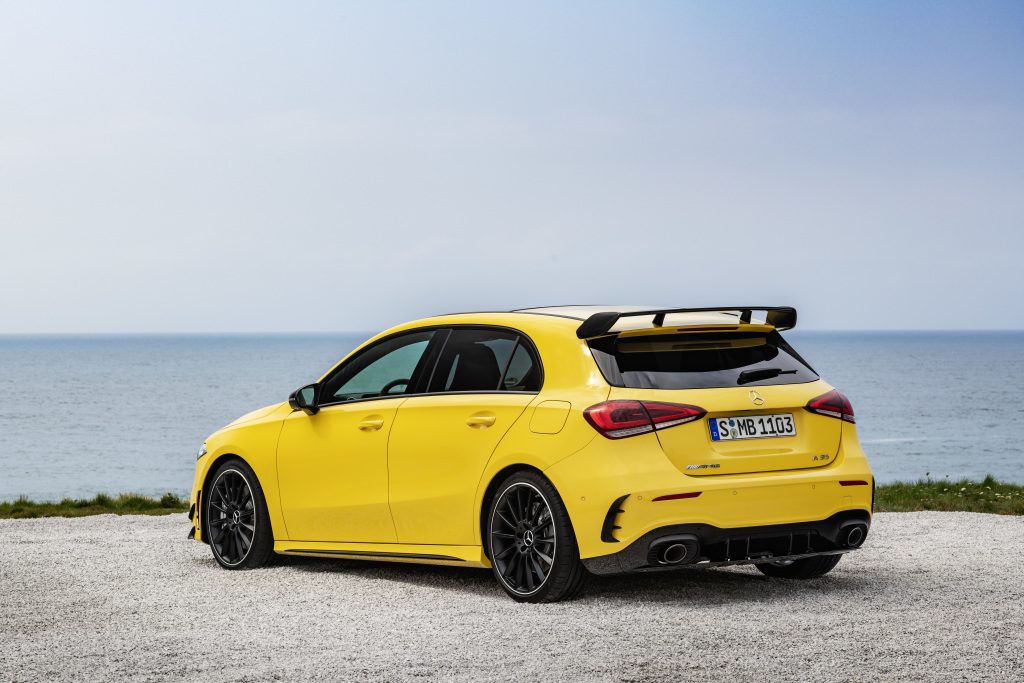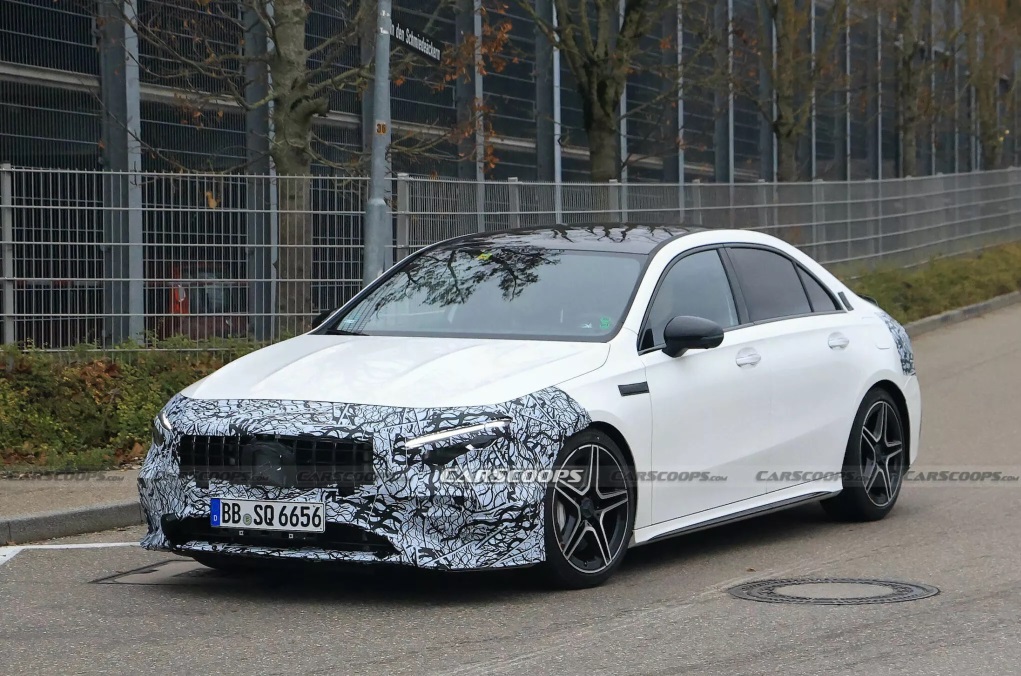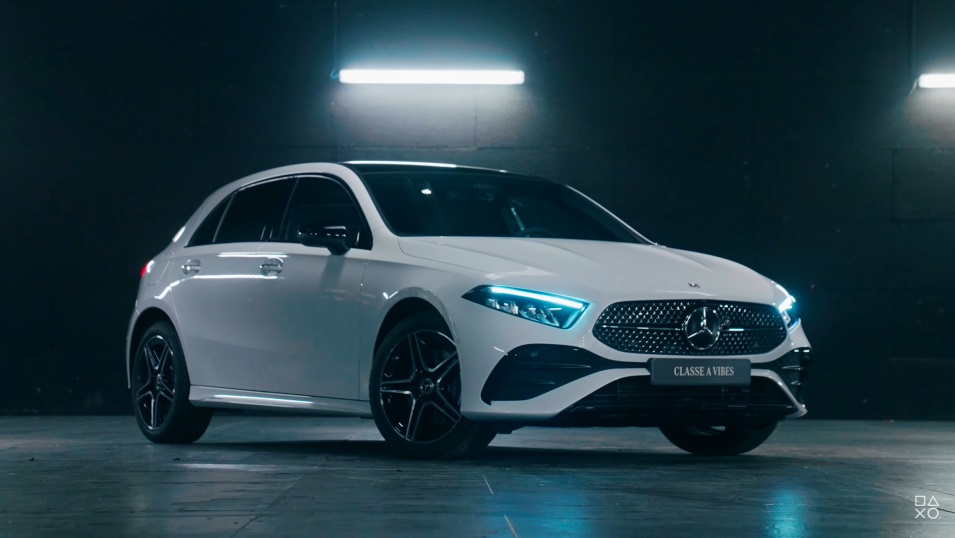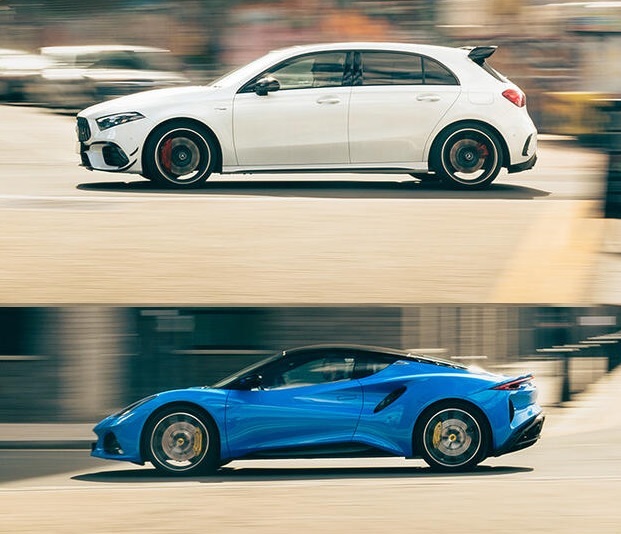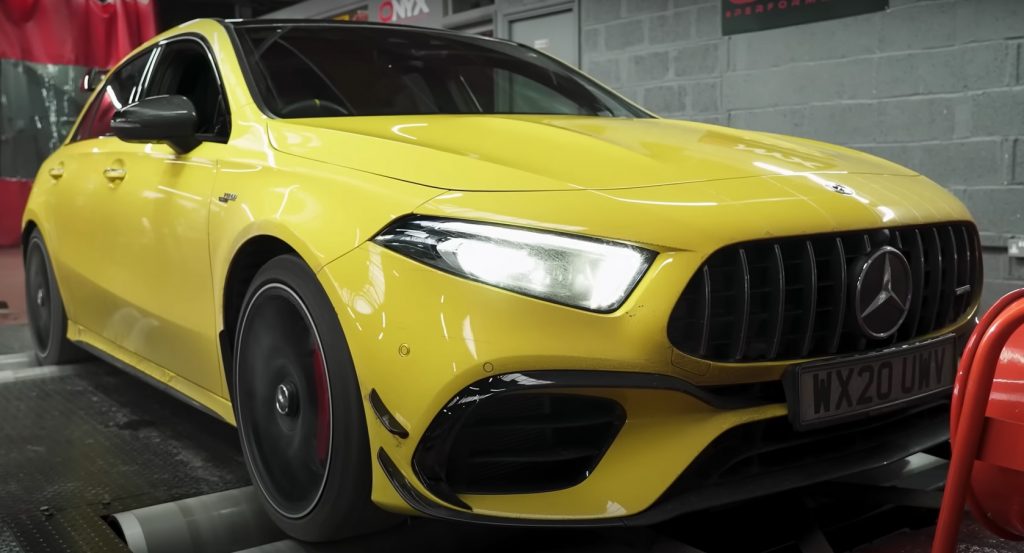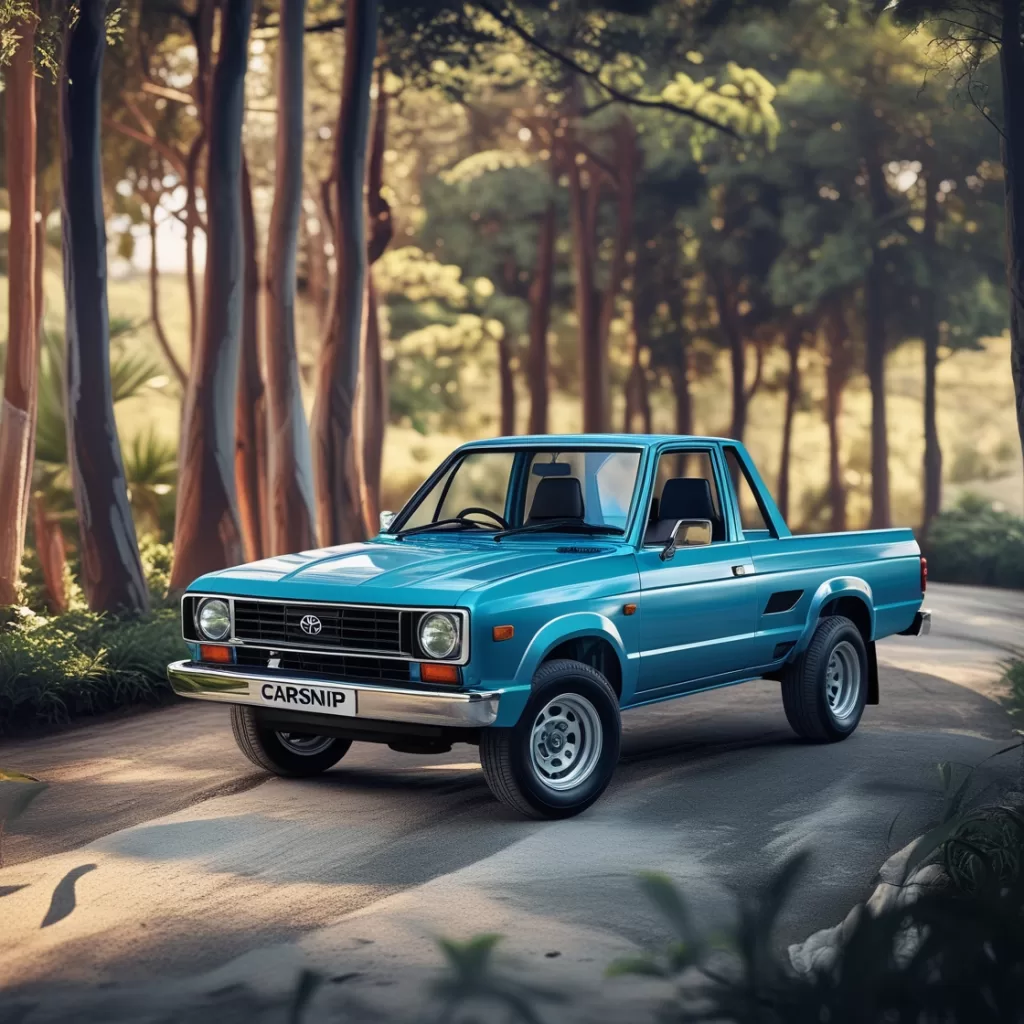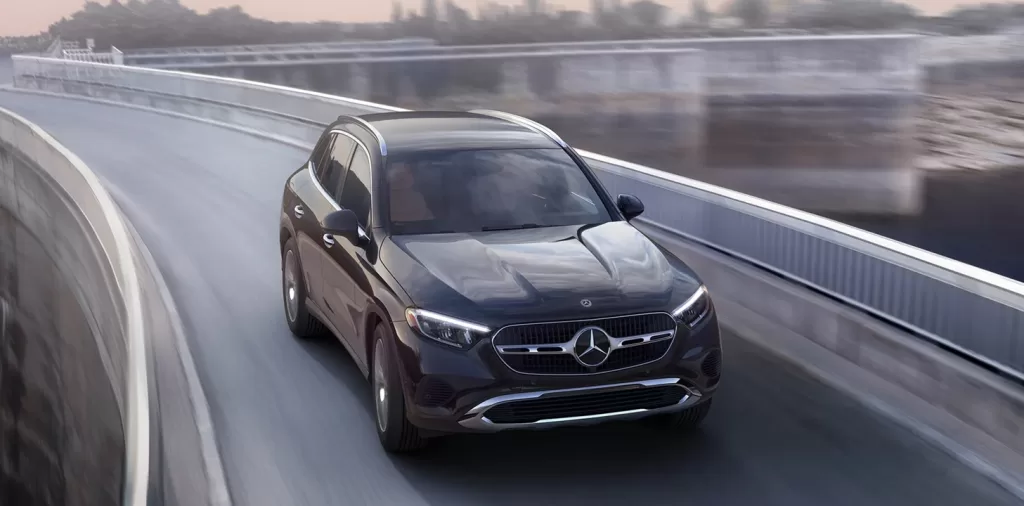In an era driven by technological advancements and mass automation, Mercedes-Benz is at the forefront of reshaping the intricate interplay between humans, robots, and artificial intelligence (AI). By leveraging the capabilities of highly evolved AI, the automaker envisions a future where vehicles become more than just modes of transport. Through its innovative vision, Mercedes-Benz aims to empower individuals to actively shape the course of their autonomous journeys, fostering a new era of personalized mobility.
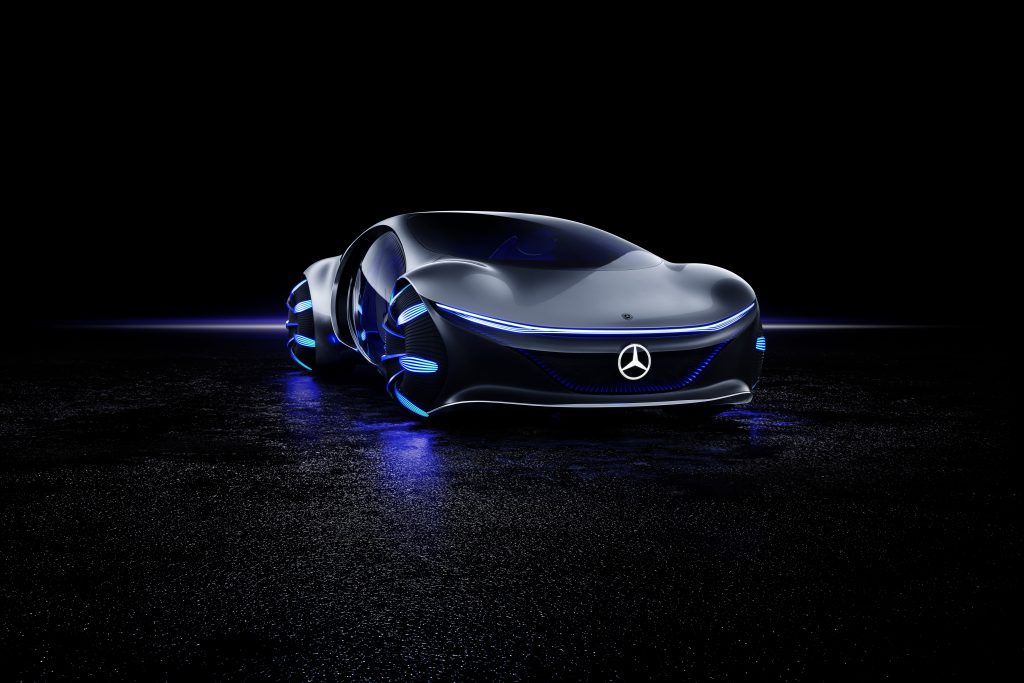
The Mercedes Vision Towards Humans, Robots, and AI
The concept of robot cars, an embodiment of AI-driven machines, is central to this transformative approach. The Mercedes-Benz Group envisions these vehicles as more than mere modes of transportation – they are super robots with a purpose beyond their utilitarian functions.
By relinquishing the role of the driver, passengers can engage in a myriad of activities during their travels, ranging from work to leisure. This shift from drivers to passengers marks the emergence of a new paradigm, where human-machine interaction evolves beyond its current boundaries.
Mercedes as the “Shaper”
In this endeavor, Mercedes-Benz introduces the role of a “Shaper.” This visionary role enables individuals to interact with and influence the AI powering the robot cars. By shaping AI, people become architects of their own vehicular experiences.
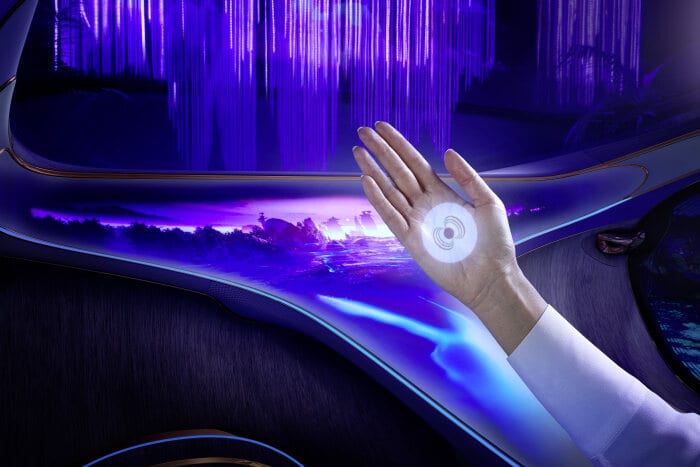
This distinctive approach ensures that AI retains its core functions while offering room for personalization and adaptation. As a result, passengers actively contribute to the AI’s development, reflecting their unique preferences and requirements via machine learning technology.
Democratizing AI Customization
Mercedes-Benz places a strong emphasis on intuitive shaping, ensuring that individuals with varying degrees of technical expertise can partake in this creative process. Through natural interaction and user-friendly interfaces, the automaker democratizes AI customization.
This approach aligns with the company’s commitment to excellence, performance, and safety while extending the AI’s potential for personalization.
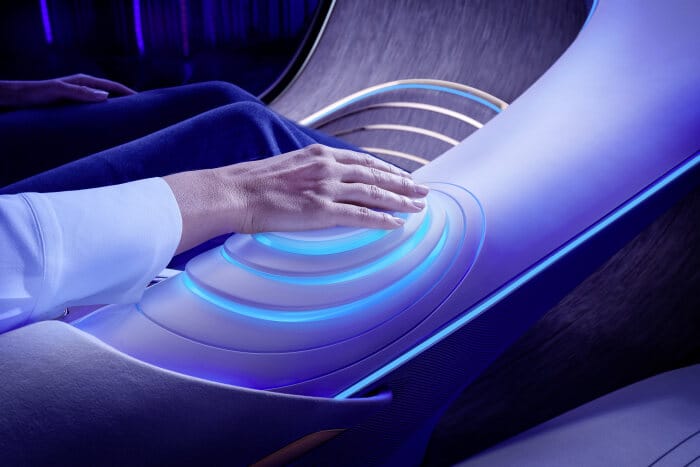
AI as Manifestation of Individuality
By allowing passengers to define the vehicle’s skills, personality, driving style, and even its behavior, Mercedes-Benz transforms the robot car into a unique extension of oneself. Just as one crafts a character in a movie, the personal robot car becomes a manifestation of individuality.
The incorporation of advanced robotic features, body language, and sentient gestures imparts a distinct personality to these vehicles, reminiscent of the bond between humans and horses in the past.
Transforming the Future of Mobility
This vision transcends traditional mobility, as personal robot cars seamlessly integrate with local environments, reflecting the cultural tapestry of each community. By nurturing a stronger connection between individuals, their vehicles, and their surroundings, Mercedes-Benz is redefining the role of mobility in fostering community engagement.
Human Users as Proactive Elements of Autonomous Experiences
The transformation initiated by Mercedes-Benz underscores a paradigm shift that places humans at the epicenter of AI and robot technology. Instead of passive passengers, individuals emerge as proactive shapers of their autonomous experiences.
Through this collaborative approach, the future promises to be more vibrant, diverse, and human-centric. The German luxury automaker’s commitment to empowering individuals to shape the trajectory of autonomous and AI-driven vehicles ushers in a new era of mobility, where humans become architects of their journeys.
Final Thoughts
As the automotive landscape continues to evolve, Mercedes-Benz’s innovative approach serves as a beacon of the profound transformation underway. By bridging the realms of robotics, AI, and human ingenuity, the automaker paves the way for a future where technology augments human potential, yielding a dynamic coexistence of innovation and individuality.

